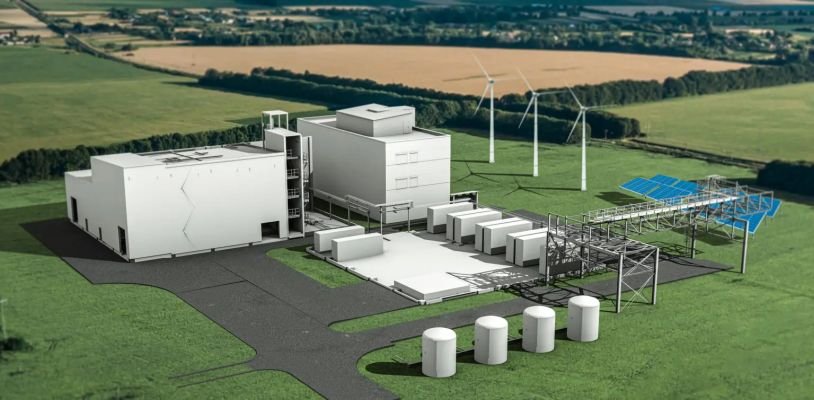BASF has announced plans for a new battery recycling prototype plant in Schwarzheide, which is in the southern part of Brandenburg, Germany.

BASF stated that the new prototype plant will recycle end-of-life lithium-ion batteries. The plant will collect lithium, nickel, cobalt, and manganese and will also collect these metals from cell producers and battery material producers.
BASF stated that recycling provides competitive and sustainable access to the necessary metals for cathode active materials (CAM) as the demand for EVs continues to increase. The extracted metals will be used to create new CAMs, establishing a circular economy for the battery value chain.

The company emphasized the importance of battery recycling as a long-term market requirement in the EV market to reduce the carbon footprint. Another benefit is the plant would help meet the stricter policy measures that are expected under the proposed EU Battery Regulation.
That includes recycling efficiencies and material recovery targets for nickel, cobalt, and lithium.

With this investment in battery recycling, plus leading process technology for manufacturing of cathode active materials, the company aim to ‘close the loop’ while reducing the CO2 footprint of the cathode active materials by up to 60 percent in total compared to industry standards.
BASF said that its new plant will create around 35 new production jobs and startup is planned for early 2023.
Reference- BASF Online Newsroom, Inside EVs, Clean Technica






